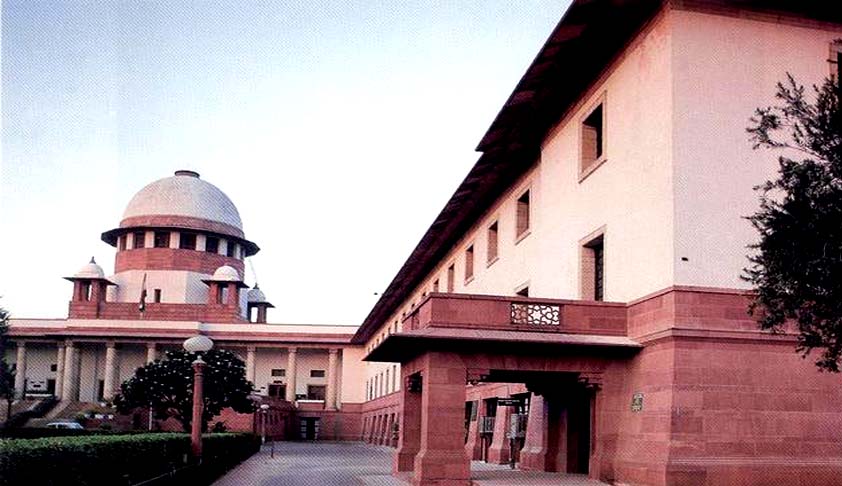- Home
- /
- Top Stories
- /
- J&K Govt Opposes Minority...
J&K Govt Opposes Minority Commission
LIVELAW NEWS NETWORK
11 Feb 2017 3:13 PM IST
Jammu and Kashmir government has told the Supreme Court that it is opposed to creation of a minority commission in the state.“Assertion of the PIL petitioner for setting up a state minority commission of the state of jammu and Kashmir through proper legislation including time-bound identification and notification of religious and linguistic minorities by the state is also not...
Next Story



